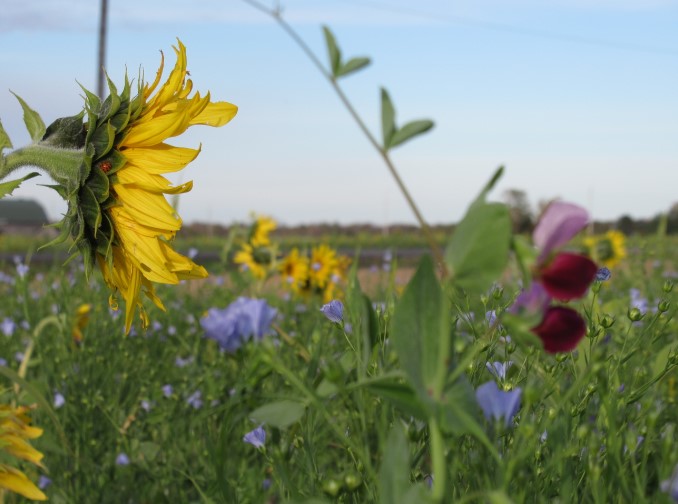Sustainable crop production can be defined as “developing and utilizing crop production systems that meet the need of present producers without compromising the ability of future generations of producers to do the same” (adapted definition from Dr. G. Brundtland – Director General of the World Health Organization1).
There are three segments to sustainable crop production: economic, social, and environmental.
Economic sustainability focuses on:
- Profit/loss of operation
- Supply and demand – product marketability
- Operation capacity and long-term availability of resources (e.g., soil)
- Maintaining a viable business for the future
Social sustainability focuses on:
- Succession planning for the next generation
- Ability to engage with and support the community (e.g., rural/urban)
- Maintaining a viable business/family life balance
Environmental sustainability focuses on:
- Ensuring continued resources to sustain crop production activities.
- Ability to communicate the use of sustainable, traceable production practices to the public.
- Maintaining soil health and decreasing negative impact of crop inputs on the environment (e.g., nutrient/pest management).
Sustainable agriculture and regenerative agriculture are often used interchangeably. Regenerative agriculture is defined by Agriculture Canada as a ‘set of farming practices focused on enhancing soil health. It considers every aspect of the land’s ecological system, from soil and water to plant life diversity, ensuring a healthy ecosystem and increasing resilience to climate change’.
